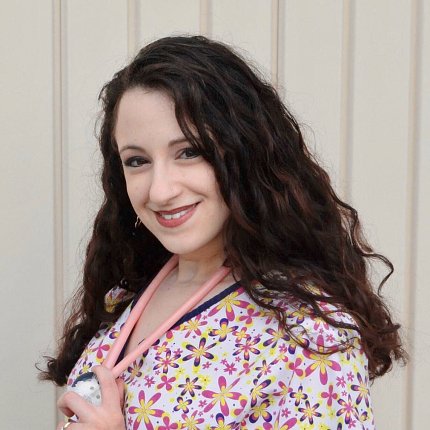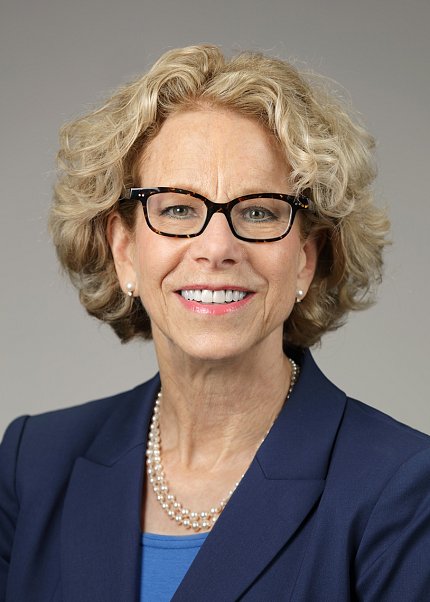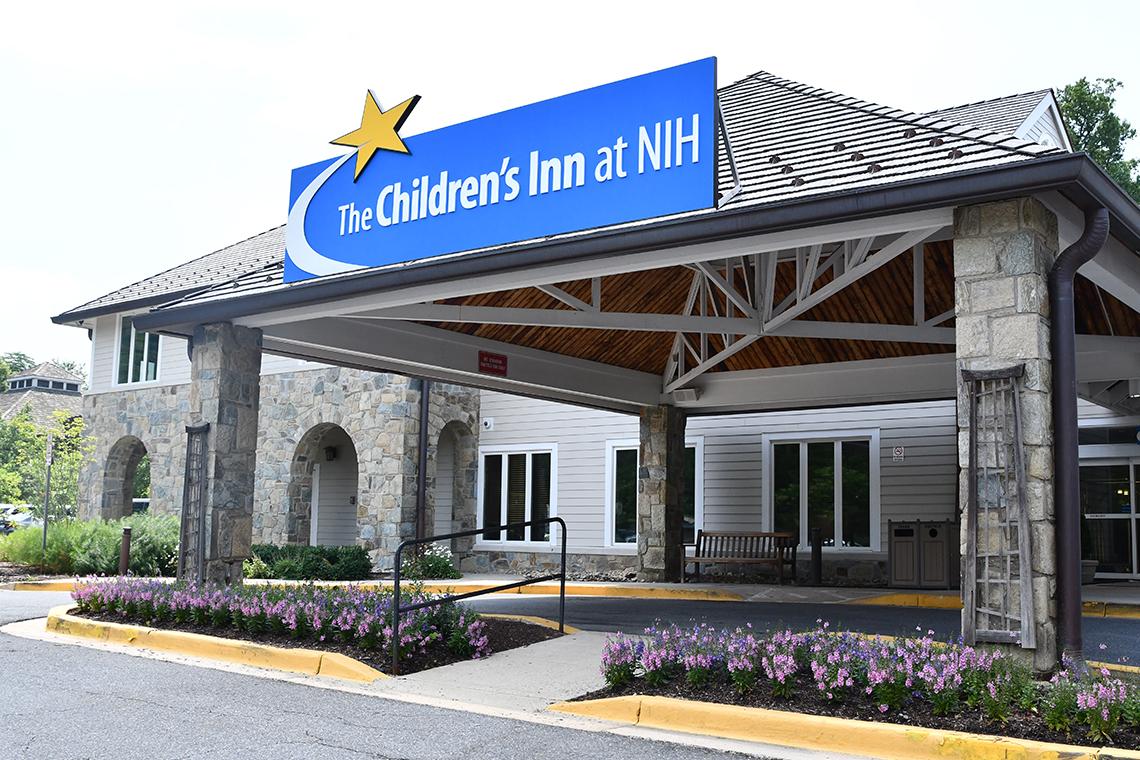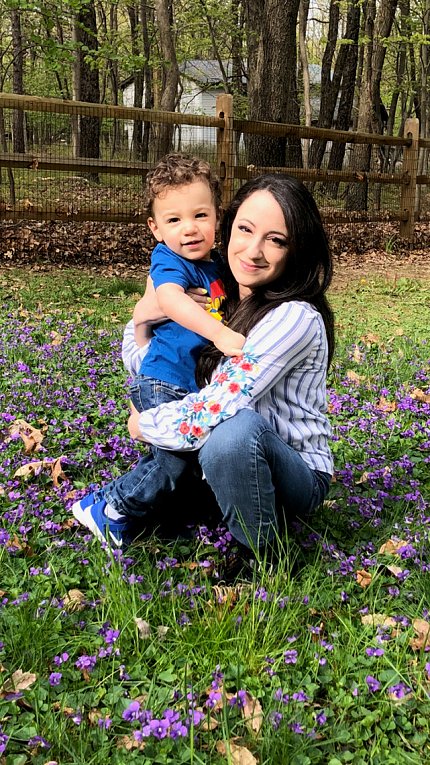‘A Magical Place’
Children’s Inn Advances Clinical Research by Supporting Patients, Families

For three decades, the Children’s Inn at NIH has helped to advance medical research by improving the lives of patients enrolled in clinical research studies and their families, said NICHD director Dr. Diana Bianchi.
“The inn improves the quality of the entire experience not only for the patient him- or herself but also for extended family,” said Bianchi during a virtual Children’s Inn Discovery Session, a celebration of 30 years of hope and discovery. “It makes research that much easier and smoother.”
The inn is “a place like home” for patients and their families, she said. After a day of medical appointments, patients can return to the inn where they can take part in a range of therapeutic, recreational and educational programs and services. Parents can talk with other parents who are going through similar challenges.

“The inn is a magical place,” she said. “It provides an incredible improvement in the quality of life.”
Patients staying at the inn have participated in clinical research studies that have helped NICHD researchers advance treatments for adrenal gland disorders, such as Carney Complex, Cushing’s syndrome and Niemann-Pick disease type C, a rare, but fatal genetic disorder that causes a progressive decline in neurological and cognitive functions in children and adolescents.
NICHD researchers can learn something about a fundamental principle, such as understanding changes at the DNA level, and then develop therapies based on that advance. “Our special sauce is the ability to take that from a basic science discovery and then apply it to something that directly helps people,” Bianchi said.
Going forward, she said, NICHD is interested in studying the transition from childhood to adolescence. Many children with chronic illness don’t receive the same level of care as they get older.

Photo: The Children's Inn at NIH
“I’m deeply grateful to the Children’s Inn families and I’m heartened by their stories of resilience,” she said. “I’m grateful that patients and their families show an incredible generosity of spirit by paving the path for future generations.”
One patient is Kristal Nemeroff, a 33-year-old registered nurse and certified school nurse from Pennsylvania. She’s been enrolled in an NIH clinical research study for osteogenesis imperfecta (OI) since she was 7 months old.

Also known as “brittle bone disease,” OI is a rare genetic disorder that weakens bones significantly, leading to frequent fractures. People with the condition live with chronic pain due to the fractures.
Growing up, she traveled to NIH every 4-6 months. Before the inn opened, pediatric patients like Nemeroff had to stay in hospital rooms. That meant staying in the hospital for up to a week with only one parent. The inn gave her whole family the opportunity to stay together. After a full day of doctor’s appointments, she looked forward to going back to the inn’s warm, familial atmosphere.
Her experiences at NIH inspired her to become a pediatric nurse. CC staffers helped her come up with reasonable accommodation so she could succeed in school. She knew she wanted to help children with chronic illnesses achieve their full potential.
As part of her treatment, she received an experimental drug that increased her bone density by 21 percent and reduced her pain.
“I woke up one day and, about 3 weeks after the first infusion, I could feel the changes happening in my spine,” Nemeroff said. “I didn’t have nearly as much pain as I was used to having and it made middle school so much better.”
The treatment she received is now standard for people with OI. Patients born 20 years after Nemeroff benefited from her participation in clinical research. “You’re helping yourself in the short term and then you’re helping so many people in the long term with the data that you’re contributing to studies,” she explained.
Enrolling in a clinical study is a big commitment, Nemeroff said. However, the inn makes it easier to participate in research. Residents can cook their own food, play games and be around other children who know what it’s like to live with a chronic illness. Being at the inn “feels like home.”
In 2019, Nemeroff gave birth to a healthy baby boy. “I’m so thankful for NIH and being part of the study,” she said. “I don’t think that I would be doing nearly as well as I’m doing in my adult life without all the intervention that they helped facilitate when I was young.”
The session was one of four online 30th anniversary events that featured families, NIH director Dr. Francis Collins, institute and center directors and members of Congress. The other sessions can be viewed on the inn’s YouTube page: https://www.youtube.com/childrensinnorg.
